

If you’re running on autopilot or going through the motions, there are ways you can get emotionally unstuck.
Everyone feels stuck in life at some point — maybe from an unstimulating job, an unfulfilling relationship, or just a general sense of indifference.
But you can stop feeling stuck by figuring out why you’re feeling that way in the first place, and then making a few changes to improve your mental, physical, and emotional well-being.

Why do you feel stuck in life?
Identifying the root cause of your feelings can help you narrow down your strategies to regain your sense of purpose and forward momentum.
Here are nine common reasons why you might be feeling emotionally and mentally stuck right now:
Cognitive overload, overwhelm, and burnout

Difficult times or life challenges can have you feeling like you’ve lost your sense of direction.
From not getting enough rest to facing an unprecedented pandemic, burnout can make you feel stuck and unsure where to turn.
“Virtually all of us are experiencing this as a result of the pandemic, which is a global trauma,” says Joyce Marter, a psychotherapist and author of “The Financial Mindset Fix: A Mental Fitness Program for an Abundant Life.”
Unconscious self-limitation and self-sabotage

Self-limitation and self-sabotage are often the results of looking for a way out.
Whether it’s a career or a relationship you’re unhappy with, you may unconsciously engage in self-sabotaging behavior.
You may also live with something called impostor syndrome, where you doubt your self-worth and capabilities.
Unmanaged mental health conditions

When you live with mental health conditions like depression or anxiety, they may add to your feeling of being stuck.
But when you manage these conditions (because, yes, they can be managed) you can regain your motivation and sense of purpose.
“We all experience mental health symptoms at various points in our lives because we are human and have mental health just like we have physical health,” says Marter. “Transcend shame and stigma and seek the support you need and deserve.”
Limited vision

What’s your why? This is the reason you have to follow through when faced with obstacles.
“Without forging our own path, we end up going with life’s current, which may lead to us getting stuck,” Marter says. “We need to empower ourselves to pick up our oars and map our greatest path.”
You may be focusing on your day by day, which in some cases is a great way to manage stress. Yet, perspective is what may help you choose your path.
Not establishing clear goals for your personal and professional life may lead you to feel stuck.
Lack of adequate support or resources

If you’re feeling lonely or your finances have taken a hit, this could explain why you feel stuck in life.
You may find it helpful to turn to others during challenging times. Just the notion that you can do this — even if you don’t always — may be a relief.
Perfectionism and fear of uncertainty

Spending too much time and energy on every little detail in order to do something “perfectly” may just slow down your progress.
This can also make you feel frustrated, or like you’re not getting anywhere in life. To get unstuck, you may want to leave perfectionism behind.
Emotional conflict between the desires of self and others

It’s natural to feel conflicted between what you want your life to be and what others feel it should be.
But hesitating between one and the other may impede your personal growth and lead to feeling empty.
“Sometimes, undue guilt or excessive concern about somebody else’s opinion of how we should live our lives keeps us from living authentically and leads to feeling stuck. We need to live our lives for ourselves, not for others,” Marter explains.
Resistance to change

Carl Jung once said, “What you resist, persists.” In other words, failing to embrace change might keep you feeling mentally stuck.
“Sometimes we dig in our heels and refuse to accept change, loss, or transition,” Marter says.
If you’re spending your energy on fighting what’s new, you may have a difficult time moving forward.
Lack of a deeper sense of meaning or purpose

Having a sense of purpose is crucial. When you don’t or you lose it, you may experience an existential crisis. One of the signs of this is feeling your life is stuck.
“Deeper meaning and purpose can serve as a compass for life. The passion you have for this purpose will motivate you out of stuckness,” says Marter.
10 ways to get mentally and emotionally unstuck
If you’re feeling stuck, it can help to first identify your reasons, and then figure out what works to help you remove your roadblocks.
To get you started, here are 10 techniques that Marter recommends if you’re feeling stuck:

Become aware
A good starting point is awareness. Consider examining how your unconscious may be contributing to you feeling stuck.
Some ways to become more aware include:
- identifying defense mechanisms and cognitive distortions that are getting in your way
- noticing default relationship patterns that cause you to recreate familiar cycles
While you can do some work on your own, it can be a lot. Consider finding a therapist to support you and help you tackle challenges.
Take responsibility
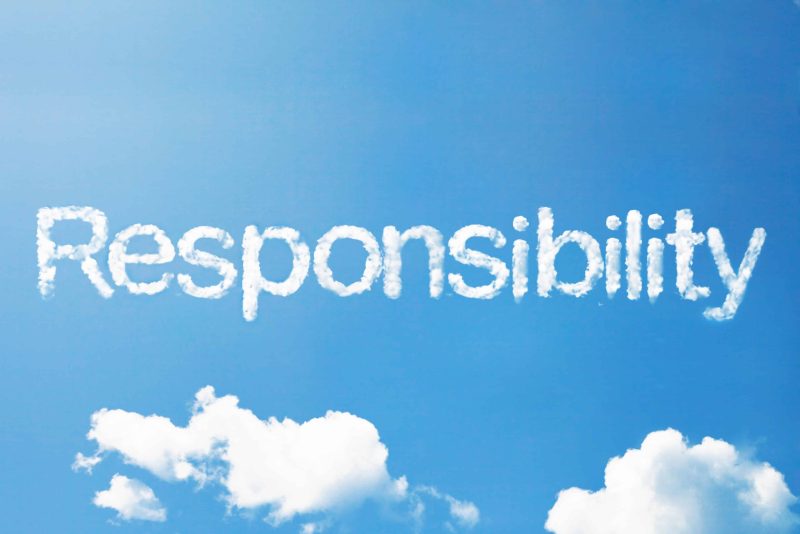
It’s natural to fall into the blame game from time to time. But blaming others for things that happen (or don’t happen) may lead you to feeling like you’ve given up all control of your life and choices.
You can take an honest inventory and find ways to practice forgiveness — for yourself and others.
Cultivate presence

It often feels like we’re being told to do more, instead of be more. When we follow this, we often start functioning on autopilot.
You can switch off autopilot by practicing mindfulness techniques to help reroute your thinking from ruminating on the past or worrying about the future, to becoming rooted in the here and now.
It may also help to take a step back and make decisions from a place of calm and clarity, rather than amid busyness and chaos.
Detach from unrealistic expectations
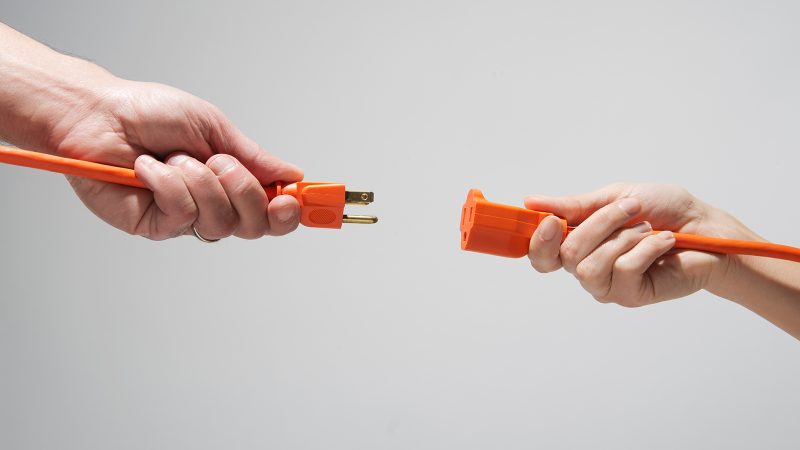
If you have a tendency toward perfectionism, imposter syndrome, or fear of failure, you may want to think of how this is getting in your way.
Again, it can help to work through this with a therapist, but you can also start by reminding yourself of realistic and manageable expectations — and that life is not perfect.
Choose self-love

You can invest in yourself by practicing self-love.
You might want to start by silencing your inner saboteur. Try choosing to be your own best friend, rather than your worst critic.
When you love yourself and practice self-compassion and self-care, it can help replenish your energy and motivation.
Create a vision

There are many ways to develop a vision for what you want in life.
You can try writing out your personal manifesto, for example. It may also help to establish professional goals and set an action plan with measurable steps.
Living with intention and visualizing what success means to you may help you positively leverage the power of a self-fulfilling prophecy.
Request support

Your support network is an important aspect of your well-being.
Maybe you can revisit old friendships or establish new ones. Whatever it looks like, you can ask for the support you need and deserve.
Practice healthy detachment
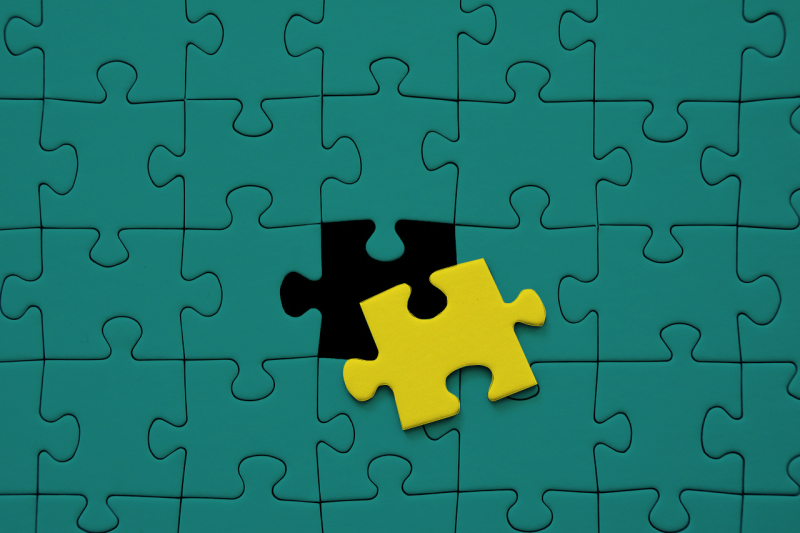
It may be time to reassess how you feel about your current relationship, job, or even yourself. What are the aspects that make you feel stuck? Is change possible?
What would happen if you let go of the negative thoughts surrounding where you feel stuck? By identifying your thoughts and feelings in the moment, you can develop a healthy detachment rather than being overrun with them.
Cultivate inner strength

Consider cultivating a mindset that views setbacks, mistakes, and feeling stuck as important parts of learning.
Turning these setbacks into opportunities may help you to bounce back, and then work on more strategies that help you feel unstuck.
When to seek help
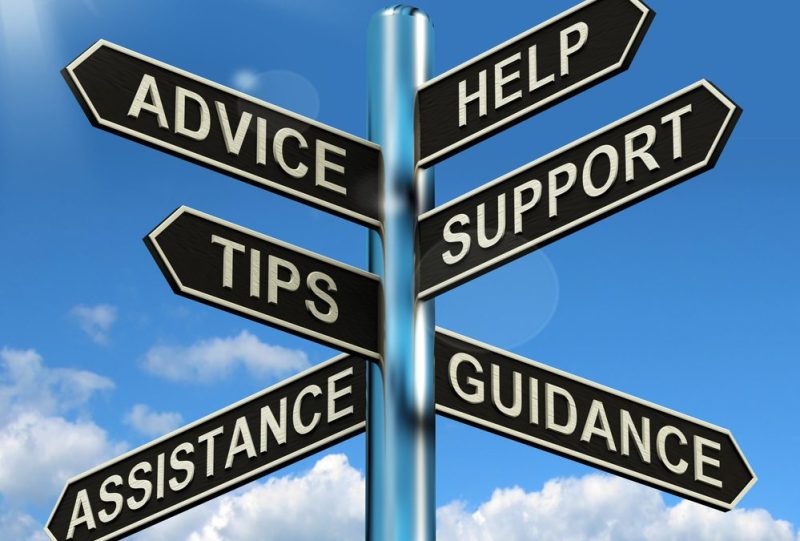
If the way you feel is affecting your ability to function, it can help to make an appointment with a mental health professional.
“Seeking help through counseling or therapy should be a routine and preventive form of healthcare, like seeing the dentist or the doctor,” says Marter. “You shouldn’t wait until your suffering is so great that you feel burnt out.”
Let’s recap
What does it mean to be emotionally or mentally stuck in life? Only you know what that feels like for you, and the reasoning behind it.
It may be that you’re lacking a sense of direction and purpose, or your current relationships are unfulfilling.
Whatever the case, there are many ways you can get emotionally and mentally unstuck. It all starts with self-awareness. You’re already on the right track.






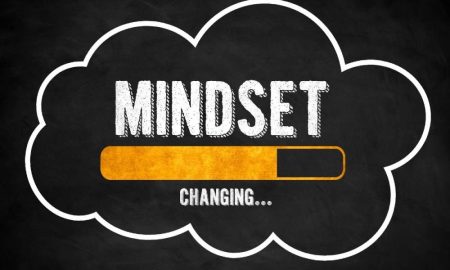


You must be logged in to post a comment Login